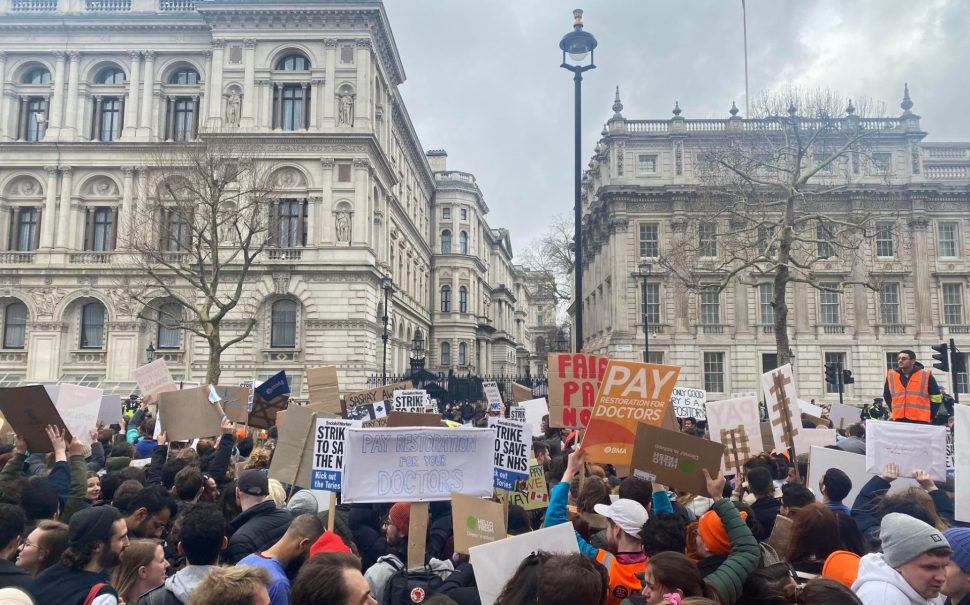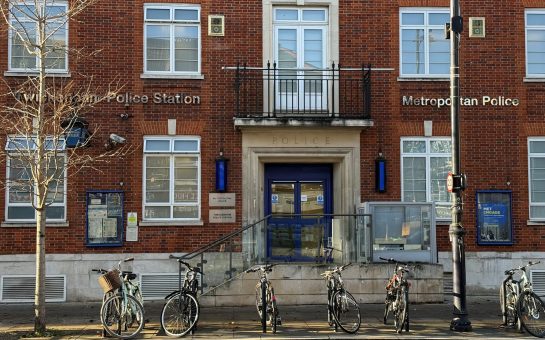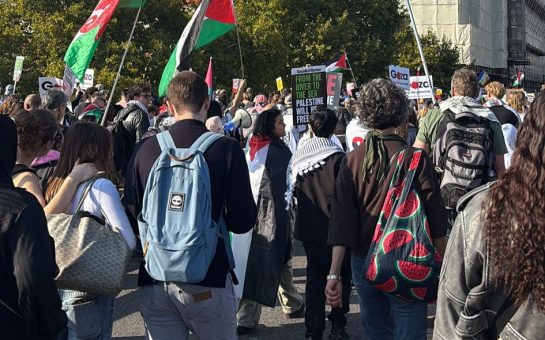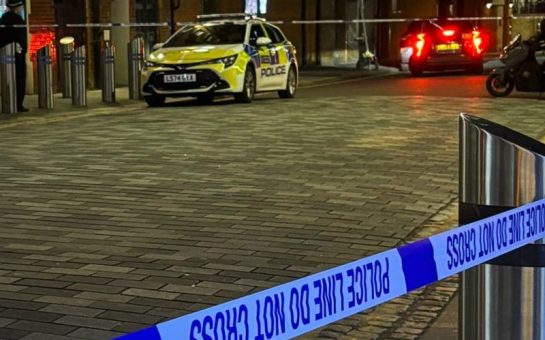Junior doctors across the UK participated in a three-day walkout last week to protest a 26% real terms pay cut in the last 15 years.
Protests in London kicked off outside St. Thomas’ Hospital, Westminster, on Monday 13 March after 98% of votes in the strike ballot endorsed industrial action over pay.
Health Secretary Steve Barclay warned junior doctors to “check their consciences” ahead of striking and The Independent has since released a claim stating it could cost the NHS £92 million to cover absences.
Corey Briffa, BMA (British Medical Association) council member, responds: “Some of us turn up to do our jobs every day for little over £14/h, but this government has left us with no choice.
“We do not want to be on strike, we are highly motivated and professional individuals.
“If we do not act now, the rota gaps will continue to rise, the number of colleagues who choose to leave will rise and the risk to patients will rise.”
The strikes have prompted plans for negotiations with the government after deals were agreed with other health unions last week.
But why did the strikes happen in the first place?
Two junior doctors have shared the realities of life in the NHS and why the situation has reached a breaking point.
Both doctors will remain anonymous and they will be referred to as Croydon F1 and Middlesex F1 to denote their respective positions and hospitals.
These individuals stand firm that the real victims of the NHS crisis are the patients.
In North Middlesex Hospital, “95-year-olds are sitting in chairs in A&E because there are no available beds,” the junior doctor claimed.
Patients are being examined or treated in cupboards due to lack of rooms and some it has been claimed “have not received a meal or clean clothing for hours” because staff are unable to keep up with patient demand.
Compromised patient care is a result of a depleting workforce, which has been stimulated by underfunding and pay cuts.
More people than ever are leaving the NHS and remaining staff are put under further strain, with individual doctors frequently looking after a larger number of patients than is considered safe.
Corey Briffa concurs this reality: “The NHS is haemorrhaging its workforce.
“In the last week alone, I’ve received multiple emails asking me to help me prepare CVs and it’s commonplace to talk to colleagues who are contemplating moving abroad or leaving the profession entirely.”
The current rate of hourly pay stated by Briffa – less than a Pret barista – may repel students to pursue a future medical career.
Croydon F1 said: “We are so lucky that we have job security and I don’t take that for granted, but the future is so uncertain.
“I’m not sure in the current climate I would choose to go into the NHS if I had my time again.
“We’re getting to a point where we will never be able to pay off our student loans.”
Middlesex F1 agreed: “Many people simply cannot afford to become doctors anymore.
“You require specialist equipment which we pay for ourselves, and it costs to take exams and participate in courses which are essential to progress your career.
“At present, the pay is barely enough to cover these additional professional expenses as well as the heightened cost of living.”
Doctors experience both miracle and tragedy on a daily basis, and the intensity of their responsibilities bleeds out of the professional sphere and into the personal.
Middlesex F1 reflected on this reality: “Some days are just really hard: you’re at the end of a 13-hour shift, during which someone may have passed away and you’ve had to confirm their death.
“At the same time you may have missed an important family occasion because you couldn’t change your shift as staffing levels are so low.
“You feel exhausted and unappreciated, but then someone simply thanks you for your help or tells you you’ve made a difference to how they feel.
“That’s the best part, and it pretty much makes it worth it.”
Remedying real term pay cuts will likely increase retention to boost staffing levels, substantiating a greater level of worth amongst doctors who can then provide better patient care.
Many junior doctors enter the profession because of a genuine desire to improve public health and they simply want the conditions to allow them to continue to do so.
Middlesex F1 resolved: “I have wanted to be a doctor since I can remember.
“Turning up to work and making an impact on someone’s day, even if that’s just making them a bit more comfortable, is worth it for me.”
Briffa, however, underlines the crucial need for payment revision: “We are not worth over 25% less than doctors in 2008.
“Our workload has not decreased by 25%, if anything it has increased.”
A North Mid spokesperson said: “Our emergency department is one of the busiest in London and we are committed to providing safe and effective care to all our patients. We make sure that we examine patients in dedicated clinical areas so that they are assessed and treated with the highest level of dignity.
“Our multi-disciplinary team also carry out daily safety huddles to ensure patients are provided for with enhanced beds, food etc, if their stay in our emergency department is unavoidably extended.
“Our staff are working incredibly hard in challenging circumstances, and we are grateful to them for their leadership and perseverance in helping to ensure patients are seen and cared for appropriately.”





